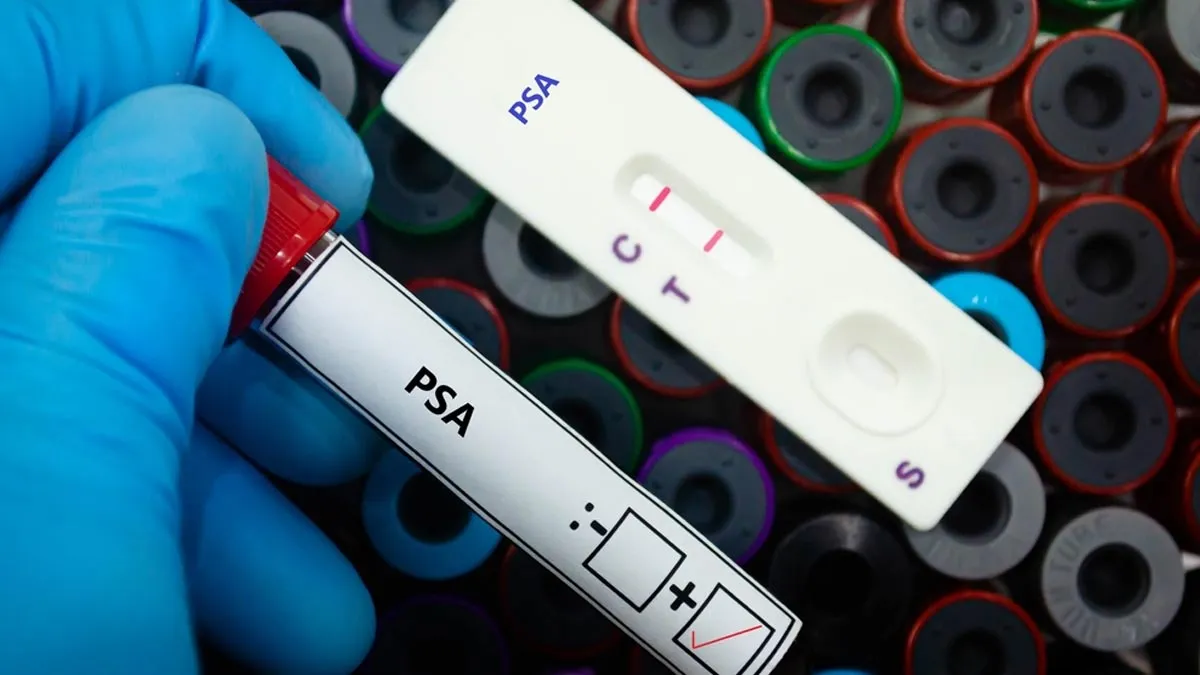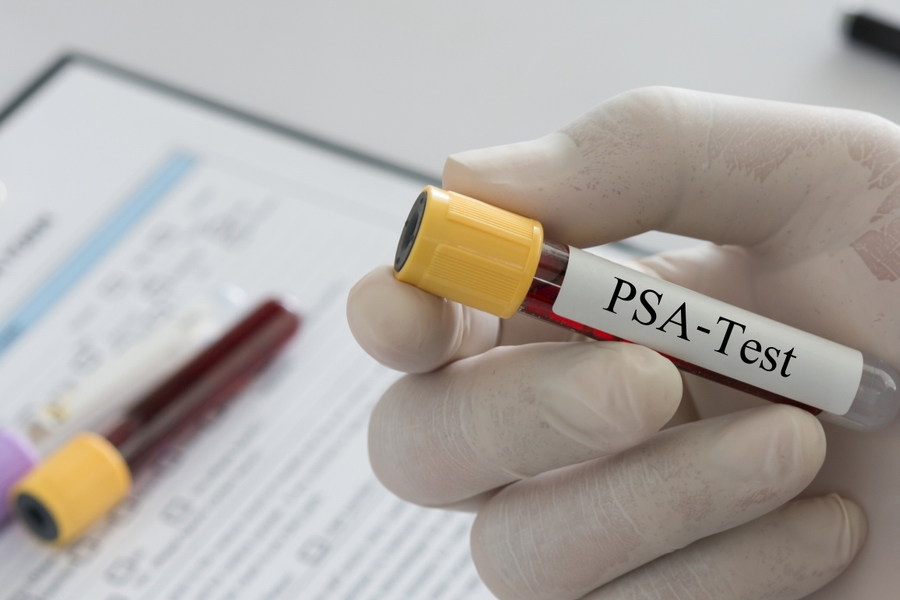
Prostate cancer is one of the most common cancers that occur in men. While it can be life-threatening, the disease is treatable, and the earlier it is detected, the better the treatment outcome. However, even after successful treatment, survivors often fear recurrence. Particularly in prostate cancer patients, this anxiety is often heightened when doctors observe elevated Prostate-Specific Antigen (PSA) levels. But the question is: do rising PSA levels after prostate cancer treatment necessarily mean recurrence, or could they just mean normal post-treatment changes?
Table of Content:-
To address these concerns, we spoke to Dr Shashank M S, Consultant—Urology and Renal Transplant, Aster CMI Hospital, Bengaluru.
Also Read: Men's Health: Signs To Get Prostate Cancer Screening
What Is PSA, and What Do Elevated PSA Levels Mean for Prostate Health?

An elevated PSA level in the body can signal various prostate conditions, both malignant and benign.
PSA is a protein produced by the prostate gland. An abnormal level can not only indicate cancer but also benign prostate conditions like Benign Prostatic Hyperplasia (BPH) and prostatitis.
Normal PSA levels differ by age. For men under 50, a PSA level up to 2 ng/mL is considered normal, whereas for men aged 50-59, up to 3 ng/mL is said to be normal. This increases to 4 ng/mL for those aged 60-69 and up to 5 ng/mL for men 70 and older.
Can PSA Levels Increase After Prostate Cancer Treatment?
According to Dr Shashank, after undergoing therapies such as surgery, radiation, or hormone therapy for prostate cancer, many individuals may experience fluctuations in their PSA levels. “These fluctuations can be attributed to several reasons, including the presence of residual cancer cells that may not have been completely eradicated during treatment and the natural healing process of the prostate,” the doctor explained.
He added that certain lifestyle factors, medications, and the timing of PSA tests can also influence these levels.
But while many people may burden themselves with the thought of cancer recurrence, it is important to bear in mind that a higher PSA doesn't always mean the cancer has returned.
In fact, other things, like an enlarged prostate, prostate infection, or recent medical procedures, can also cause PSA levels to change, shared Dr Shashank, adding that doctors and patients need to consider the whole picture, including the patient's health history and other tests, to understand what a change in PSA really means.
Also Read: What Young Men Need To Know About Prostate Cancer Prevention: Tips To Reduce Risk
How Often Should You Check PSA Levels Post Cancer Treatment?

It is advisable to monitor PSA levels after prostate cancer treatment. This not only assesses the effectiveness of the therapy but also detects any potential signs of recurrence.
“The frequency of these tests can vary based on individual circumstances, including the type of treatment received and the patient's overall health. Generally, it is recommended that PSA levels be checked every three to six months during the first few years following treatment,” shared Dr Shashank.
As time progresses and if the PSA levels remain stable, the frequency of testing may be adjusted to once a year.
Steps To Take If PSA Levels Increase

If patients notice their PSA levels rising, they need to take action.
First and foremost, it is crucial to make an appointment with your doctor to talk about what the higher PSA might mean. This discussion should cover their health history, any symptoms they have had recently, and any risk factors for prostate problems.
The doctor might then suggest more tests, like another PSA test or scans, to figure out why the PSA is up. Patients should also think about lifestyle changes that could help their prostate health, like eating a healthy diet with lots of fruits and vegetables, getting regular exercise, and managing stress.
Also watch this video
Read Next
Early Screening For Colorectal Cancer: What It Involves And Its Importance For Young People
How we keep this article up to date:
We work with experts and keep a close eye on the latest in health and wellness. Whenever there is a new research or helpful information, we update our articles with accurate and useful advice.
Current Version